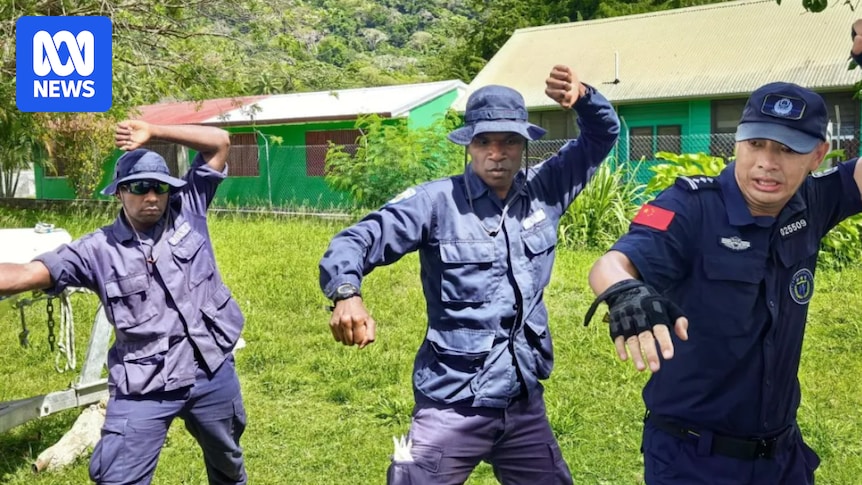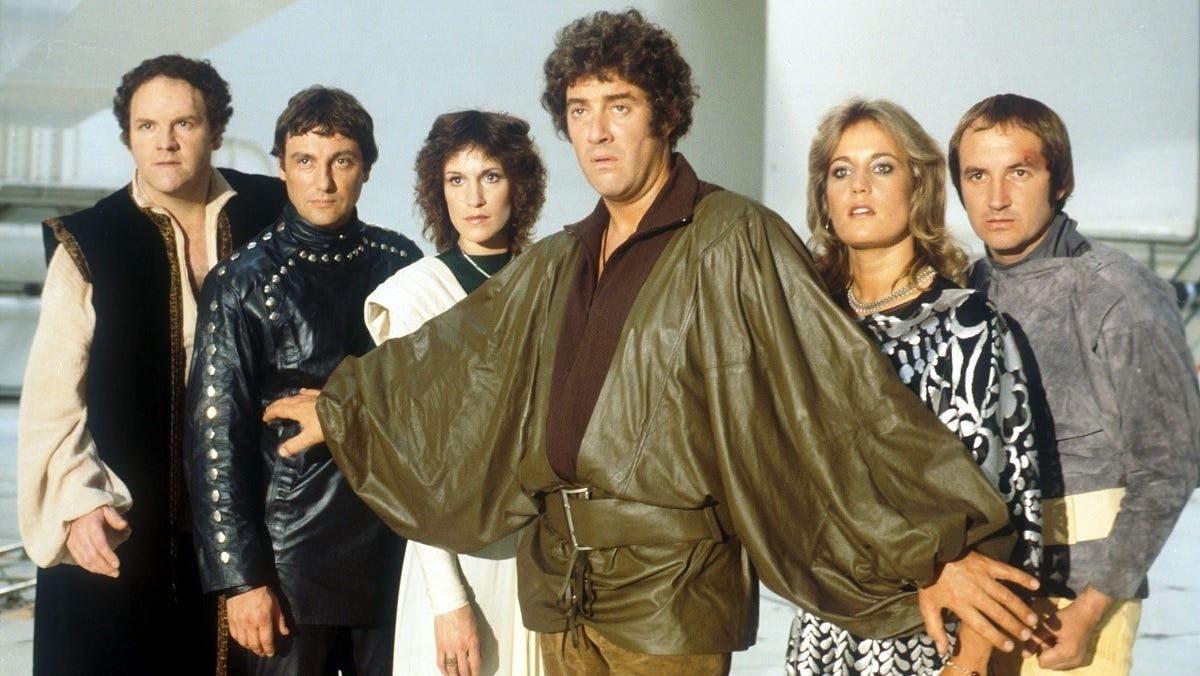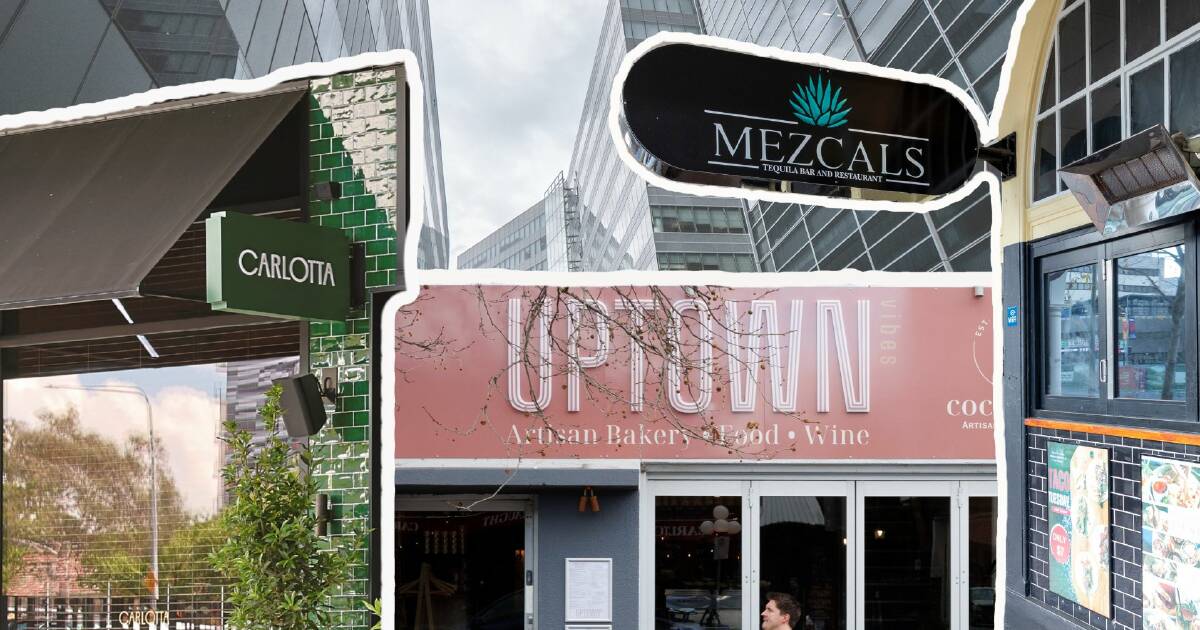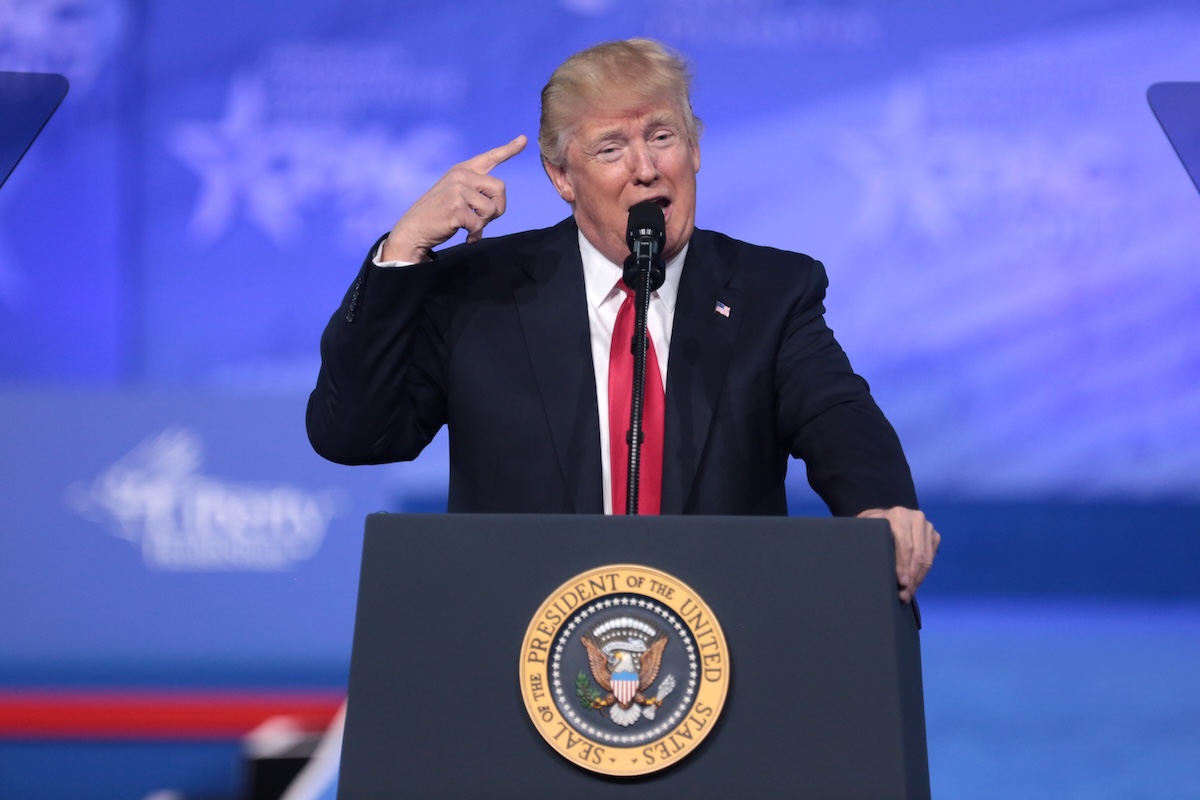
Vanuatu’s Internal Affairs Minister, Andrew Napuat, has urged Australia to respect his nation’s decision to pursue a new policing agreement with China. This statement comes amid ongoing controversy and diplomatic tensions over the proposed Memorandum of Understanding (MoU) between Vanuatu and China. The remarks also included a pointed rebuke to Australia’s Pacific Minister, Pat Conroy.
Last week, Napuat traveled to Beijing to meet with China’s Minister of Public Security, Wang Xiaohong. He later informed Vanuatu media that the two countries are set to formalize China’s police assistance programs in the Pacific nation through the MoU. However, diplomatic sources have indicated that the agreement’s approval remains uncertain.
Australia’s Concerns and Diplomatic Reactions
On Wednesday, Pat Conroy appeared to downplay the potential impact of the MoU, suggesting it was merely a proposal from “one particular Vanuatu minister.” He emphasized Australia’s respect for Vanuatu’s sovereignty, stating, “We respect the sovereignty of the Vanuatu government and the Vanuatu people, and we’ll see what happens there.”
Napuat, however, responded to Conroy’s comments by asserting that the decision was a collective government effort, not an individual minister’s initiative. “We are deciding on this as a government,” Napuat told ABC’s Pacific Beat. He further advised Conroy to respect Vanuatu’s internal processes and ensure accuracy in his statements.
Historical Context and Regional Implications
Australia has long expressed unease about China’s growing influence in the Pacific, particularly regarding security and policing. The 2022 Pacific Islands Forum (PIF) leaders’ communiqué endorsed a “Pacific family first approach to peace and security,” which Australia has cited in its diplomatic engagements.
Despite this, Napuat maintains that Pacific nations retain the right to make sovereign decisions. “Whatever is decided at that (PIF leaders) level is something that all the Pacific island countries respect, but at the end of the day those kind of agreements don’t limit what each sovereign country wants to do,” he stated.
Vanuatu’s cooperation with China in policing dates back to 2014, with a notable police equipment agreement signed in 2022. This year, Chinese training teams have become more visible in Vanuatu, raising questions about the long-term implications of the new MoU.
Clarifying the MoU’s Intentions
Napuat has clarified that the MoU is not intended to establish a permanent Chinese police presence in Vanuatu. Instead, it aims to formalize existing collaborations and improve coordination among international partners. “Whenever we need them, we’re going to talk to them,” he said, emphasizing the MoU’s role in providing clarity and reducing confusion.
Australia, meanwhile, is negotiating the Nakamal Agreement with Vanuatu, hoping to solidify its role as a key development and security partner while limiting China’s influence. Napuat insists that the discussions with China are separate from the Nakamal negotiations and that Australia has been kept informed about the MoU’s progress.
Future Prospects and Ongoing Negotiations
The timing of the MoU’s signing remains uncertain, with Napuat noting that it is approaching “final status” on Vanuatu’s side. The agreement will be signed “whenever the two governments are ready.”
Security discussions between Vanuatu and its partners are complex, given the country’s unique concerns, such as police capacity building and climate change. “With all the geopolitical games going on in different regions of the world … what their interests are, might not be relevant to us,” Napuat remarked.
Meanwhile, Australia’s efforts to finalize the Nakamal Agreement have faced setbacks. A planned signing ceremony was canceled shortly before Prime Minister Anthony Albanese’s recent visit to Vanuatu. Prime Minister Jotham Napat has expressed optimism about reaching a deal, despite some ministers’ concerns over clauses restricting foreign investment in critical infrastructure.
As both nations continue negotiations, it remains to be seen whether a compromise can be reached. Sources from both countries have expressed a desire to finalize the agreement soon, highlighting the ongoing diplomatic balancing act in the Pacific region.







